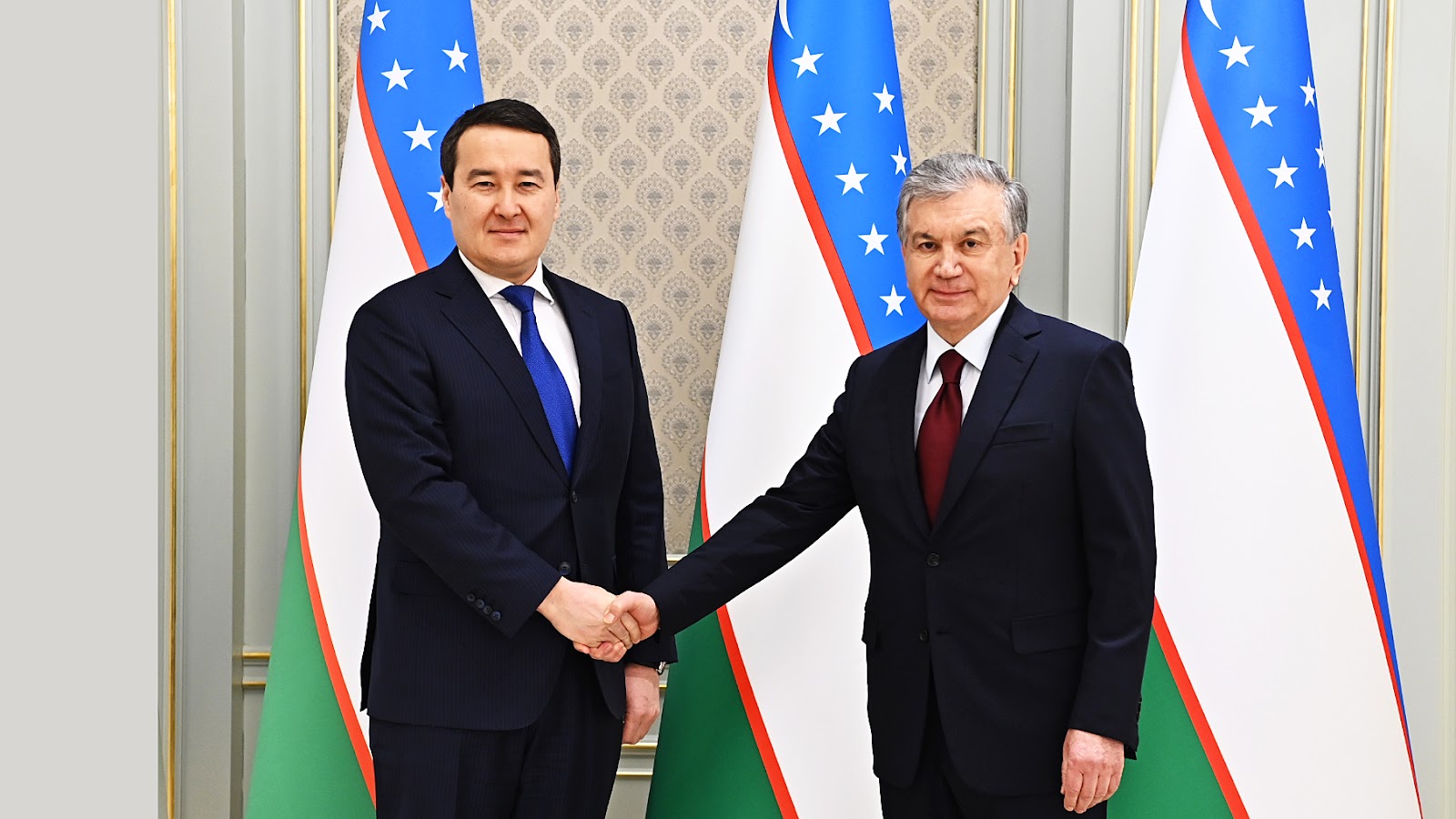While the war in Ukraine rages on and unfortunately shows little evidence of cooling down anytime soon, the soft post-soviet underbelly of Russia begins to play an ever increasing role within the balance of power and Russia’s sphere of influence. The increase of tension and bilateral arrangements between these states possibly shows the decadence of the Russian sphere of influence.
However, a loss of power and influence rarely comes without conflict. This process in particular can be seen within the many border disputes that a state such as Kyrgyzstan is having. On October 12th, Eurasianet reported that tensions are rising as the Kyrgyz and Uzbek governments are rushing to ratify policies to solve their bilateral border dispute.
Generally, the attempts at rapid ratification and the procedure itself have been met with relative surprise and unease among experts. Peter Leonard, an editor at Eurasianet, tweeted about this considerably hasty process which is in stark contrast to the current border dispute Kyrgyzstan has with its other neighbour Tajikistan.
Chingiz Aidarbekov, the head of the independent international affairs and defence committee that was instituted to approve the deal, said that it was done behind closed doors with only ten out of its fifteen members. Aiderbekov said that the process was so unusual that he would not want to vote, stating, “Lawmakers didn’t see the documents. I said that until I see the paperwork, I cannot agree to this. So I voted against.’’
The increase of tension within the region is worrisome as the region already finds itself within many border disputes, in particular in between the states of Kyrgyzstan, Uzbekistan, and Tajikistan. It is clearly visible to see that as the overall influence of Russia fades from the region, these states rely more upon bilateral solutions instead of relying on Russia as a mediator. The rush to ratify this deal neglects the usual political protocol and puts the government, and the legitimacy of the deal itself, in a vulnerable position. This could only create more unrest within the region and the state of Tajikistan itself.
It is hopeful, however, that while the local population within the disputed region is becoming increasingly hostile to this decision, it can create peaceful co-existence between these two states: a peace that could clear the path ahead for further peaceful cooperation regarding other fields of common interest.
About 19 percent of the current border between Kyrgyzstan and Uzbekistan is considered disputed as a remnant of the disintegration of the Soviet Union. This deal is designed to settle this border dispute once and for all, as it creates a settlement in which the two states divide the territory to which they lay claim to.
Among this disputed territory is the Kempir-Abad reservoir, a very important source of irrigation water for the local farmers of both Kyrgyzstan and Uzbekistan within the region. This reservoir, according to the current deal, will be ceded to Uzbekistan. This creates much unrest among the local Kyrgyz population as they are afraid that they may no longer have access to this important resource.
Even though Uzbekistan promised an unhindered access and conjoined management of the basin with Kyrgyzstan, it is clear that the regional population mistrusts this promise and would rather have Kyrgyzstan take control over the reservoir.
To conclude, it is yet uncertain whether or not this deal will be creating either unrest or stability within the region. It is certain however that as Russia’s influence keeps declining, these Central-Asian states must become more reliant upon one another to settle their disputes. A partner that may yet play an influential role is China through the Shanghai Cooperation Organization (SCO) as these two states are both a part of this organization. However it is unlikely that the SCO will pose as a mediator, as the border clashes between Kyrgyzstan and Tajikistan during the SCO’s annual summit in Samarkand, Uzbekistan, in September was not even mentioned. It is however encouraging to see that settlements can indeed be reached between these states, which could potentially foreshadow further cooperation conjointly on settling disputes and creating peaceful coexistence within the region.
Source : theowp.org















